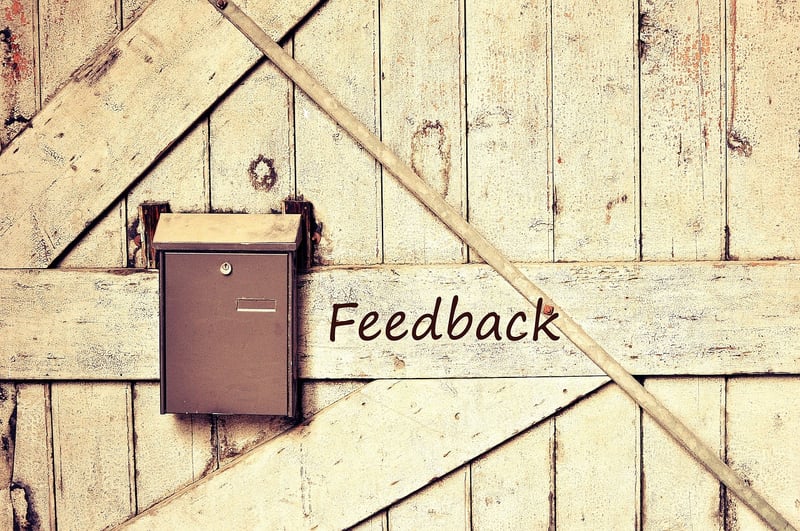Vendor Coordination
Vendor Coordination: Essential Advice for Success
Coordinating with vendors is a crucial aspect of many businesses, ensuring that products and services are delivered on time and to the expected standards. Effective vendor coordination can lead to improved relationships, better outcomes, and increased efficiency. Here are some essential tips to help you succeed in vendor coordination:
1. Establish Clear Communication Channels
Open and transparent communication is key to successful vendor coordination. Clearly define expectations, deadlines, and deliverables from the outset. Regular updates and feedback can help prevent misunderstandings and ensure everyone is on the same page.
2. Build Strong Relationships
Invest time in building strong relationships with your vendors. Understanding their capabilities, challenges, and working styles can lead to smoother collaborations and better results. Treat vendors as partners rather than just suppliers.
3. Set Realistic Goals
When setting goals for vendor partnerships, make sure they are realistic and achievable. Unrealistic expectations can lead to frustration and strained relationships. Collaborate with vendors to set mutual goals that benefit both parties.
4. Monitor Performance Regularly
Monitor vendor performance regularly against agreed-upon metrics. Identify any issues early on and address them promptly to prevent larger problems down the line. Provide constructive feedback to help vendors improve their services.
5. Embrace Technology
Utilize technology to streamline vendor coordination processes. Vendor management software, communication tools, and project management platforms can help centralize information, track progress, and enhance collaboration between you and your vendors.
6. Cultivate a Culture of Continuous Improvement
Encourage a culture of continuous improvement within your vendor relationships. Seek feedback from vendors on how processes can be optimized, and be open to implementing changes that benefit both parties. Continuous learning and adaptation can lead to long-term success.
By following these essential tips for successful vendor coordination, you can foster strong partnerships, improve efficiency, and achieve better outcomes for your business.

Remember, effective vendor coordination is a collaborative effort that requires clear communication, relationship-building, goal-setting, performance monitoring, technology utilization, and a commitment to continuous improvement.
Implementing these practices can help you navigate the complexities of vendor management and drive success in your business endeavors.
Whether you are a small business owner or a procurement professional, mastering the art of vendor coordination is essential for achieving your organizational goals.
